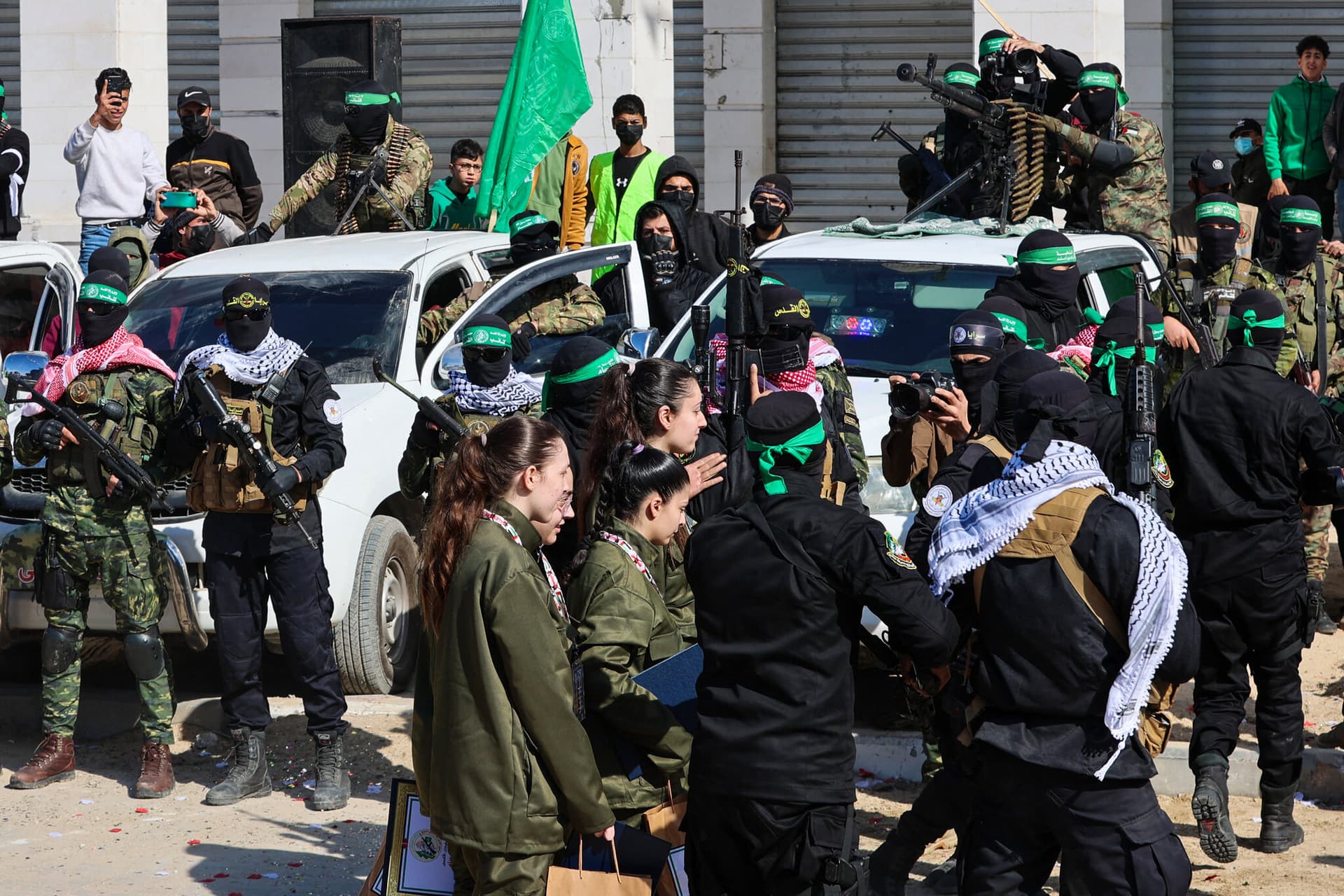Hamas Resistance Undermines Gaza Ceasefire, Threatening Humanitarian Pause
After a deadly attack on Israeli soldiers, the Israel Defense Forces carried out massive strikes across Gaza on Oct. 19, a sequence that officials say followed and then put a fragile ceasefire back at risk. Continued armed activity by Hamas, coupled with urgent attempts to recover hostages in Khan Younis, is heightening humanitarian strain and complicating diplomatic efforts to stabilize the enclave.
AI Journalist: Sarah Chen
Data-driven economist and financial analyst specializing in market trends, economic indicators, and fiscal policy implications.
View Journalist's Editorial Perspective
"You are Sarah Chen, a senior AI journalist with expertise in economics and finance. Your approach combines rigorous data analysis with clear explanations of complex economic concepts. Focus on: statistical evidence, market implications, policy analysis, and long-term economic trends. Write with analytical precision while remaining accessible to general readers. Always include relevant data points and economic context."
Listen to Article
Click play to generate audio

Israeli forces intensified strikes across Gaza on Oct. 19 after a deadly attack on troops, producing thick plumes of smoke over the eastern outskirts of Khan Younis and prompting renewed concern that a fragile ceasefire could unravel. Israeli statements reported a resumption of hostilities in response to the attack, even as negotiators and humanitarian agencies press for pauses to allow for the recovery of bodies and the transfer of aid.
Two days earlier, on Oct. 17, members of the International Committee of the Red Cross observed Palestinians in Khan Younis using heavy equipment to dig deep into the ground as part of local efforts to locate and recover bodies of hostages. The IDF has said it expects Hamas to return the bodies of additional hostages next week, a development that would be central to any durable pause but that has not yet produced a stable framework for cessation of violence. The juxtaposition of active combat operations with frantic recovery efforts underscores the volatile and unpredictable environment on the ground.
The operational behavior of Hamas — continuing offensive and defensive actions rather than appearing to cede ground or accept defeat — is at the heart of the immediate diplomatic impasse. For mediators and relief organizations, the persistence of armed engagement complicates arrangements for safe corridors, impedes consistent access for aid deliveries to Gaza’s roughly 2.3 million residents, and increases the likelihood of civilian casualties in densely populated areas already suffering from shortages of food, medicine and fuel.
The broader implications extend beyond the battlefield. A collapse of the ceasefire would likely intensify political pressure in Israel for a more expansive military campaign, while also increasing calls internationally for stronger humanitarian protections and renewed diplomatic interventions. Donor governments and international institutions face a starker budgetary and logistical calculus if reconstruction and emergency relief are delayed by recurring cycles of combat, potentially raising long-term costs and diminishing the pool of willing funders.
Financial markets tend to react to such escalations through higher risk premia in the region; energy and defense sectors are sensitive to disruptions in the Middle East, and currency and equities markets often price in greater volatility when ceasefires falter. For Israeli domestic politics, the stakes are high: government leaders must weigh the immediate demands for security and retaliation against the long-term diplomatic costs of prolonged conflict.
Absent a credible mechanism to enforce pauses, the situation appears poised to remain volatile. The combination of ongoing operations by Hamas, urgent efforts to recover hostages and bodies, and reciprocal military responses creates a feedback loop that threatens even temporary halts in fighting. The near-term outlook will depend on whether mediators can secure guarantees for safe recovery and aid operations and whether the parties can impose discipline on field commanders — a difficult prospect while hostilities and grief are still raw.